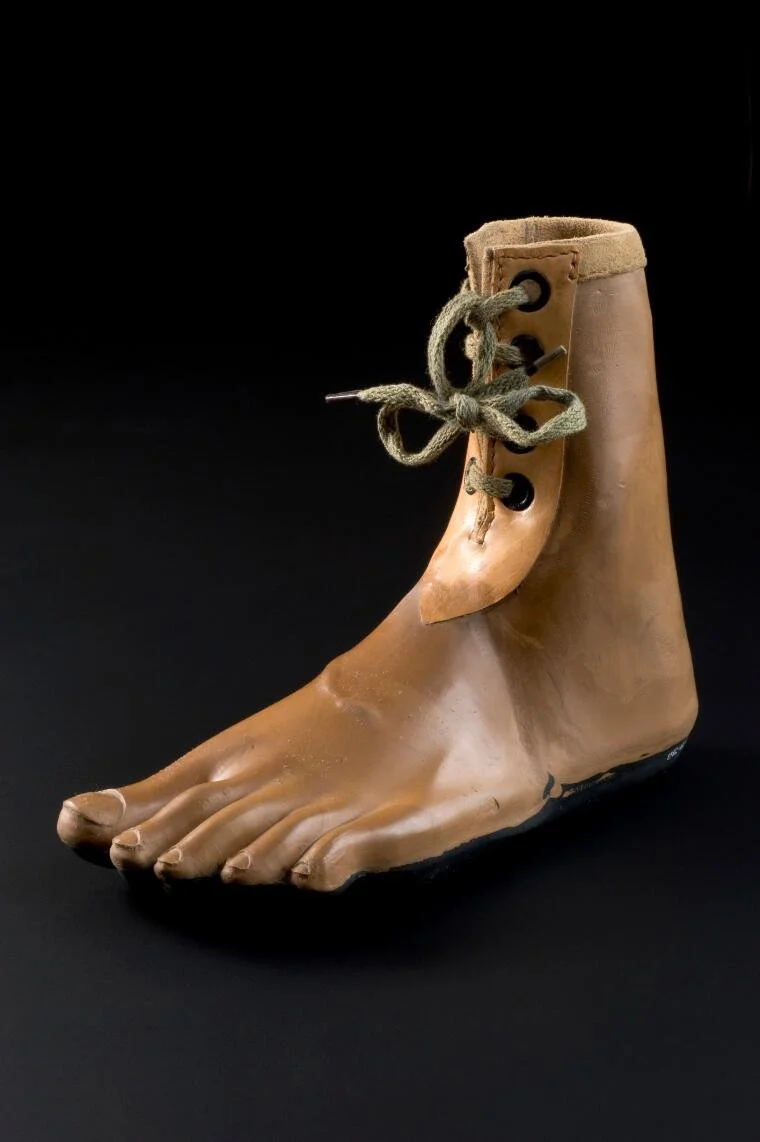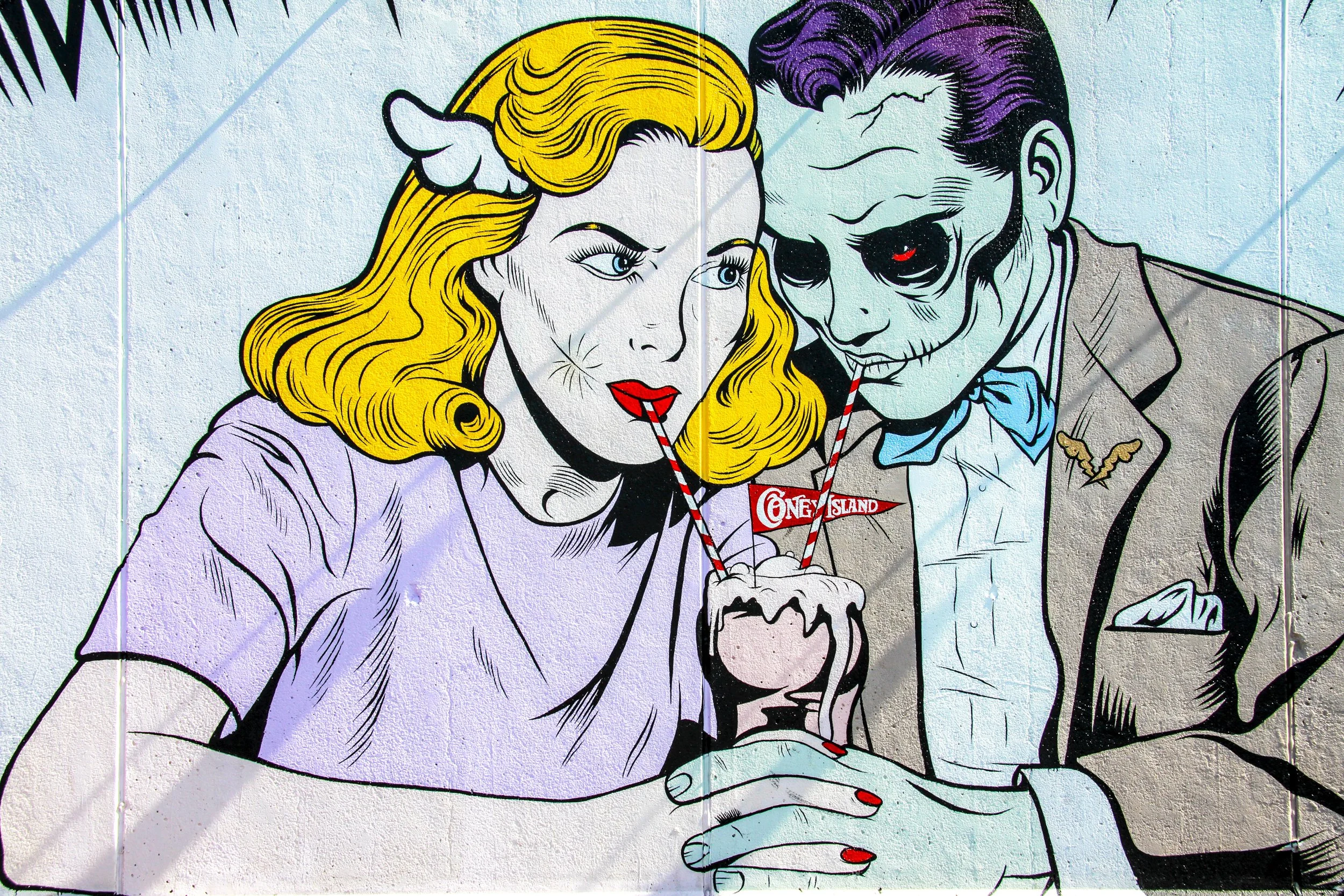Selected courses:
-

Disabled Cyborgs and Racist Robots: Bodies, technologies, and social justice
This course explores the complex relationships between knowledge, technology, power, and social difference. We focus in particular on the connections between technology (including biomedicine) and racism, and technology and ableism. In this way, we'll learn how structures of inequality and violence shape and are shaped by technology, as well as the ways that we can imagine and enact more just technological worlds.
While this is an anthropology class, we will also think through the frameworks of disability studies, feminist science and technology studies (STS), and intersectional feminism (don't worry--we'll also learn what those terms really mean).
-

TOXIC: The anthropology of environmental toxicity
Toxicity is a tricky thing. It is a defining feature of contemporary life, but its effects can be hard to pin down. It is everywhere, but it is not everywhere the same. It is a source of harm to life that often derives from efforts to improve, heal, or protect lives. In this course, we take toxicity in all its contradictions as both an object and an analytic that helps us ask new questions and gain new perspectives on the materialities of social difference, the politics of evidence, the nature of health, and the nature of nature. We will trace how toxicity connects us to histories, to processes, to others positioned otherwise and elsewhere and both relies on and unsettles familiar geographies of colonialism and state sovereignty.
By taking up texts across a range of genres--and by turning the question of genre or form into a central theme of the course itself--we will grapple with what toxicity has to teach us about power, knowledge, and embodied experience in the contemporary material world.
We will also learn by doing in this course through hands-on research and the creation of digital stories about the worlds of toxicity and waste around us. This research creation is ways to experiment with different ways of telling stories of environmental injustice and conveying the slow-moving catastrophe of toxicity. In doing this, we will grapple with the critiques of expertise and its associated genres that we encounter in our seminars and think about what it might mean to fold those critiques into a practice of making publicly accessible knowledge.
-

The Politics of Grief and Mourning
We often think of mourning as a universally and fundamentally human experience, if one whose rituals vary across place and time. However, as movements such as Black Lives Matter and MMIWG remind us, mourning is also political. Thinking especially about whose lives are publicly grieved and whose are not can tell us a lot about whose lives count in a given context. That is the politics of mourning. In this course, we'll draw from anthropology and critical theories of race and colonialism to explore the politics of mourning in the contemporary world, what it can tell us about limits of the human as a supposedly universal category, and the radical political possibilities of mourning and grief for projects of social justice.
-

Queer Bodies: Gender, disability, and illness
This is a course about disability and gender. Because it is a course about disability and gender, it is also a course about bodies and the way we understand bodies to be bodies of particular, pathologized kinds. That means we will think about the ways we understand (and stigmatize) bodies because they deviate from socioculturally and biomedically idealized forms, appearances, and behaviours. And because it is a course about these devious bodies, it is also a course about the inextricability of the various domains of stigma and pathlogization that we tend to anchor in the body, including, most prominently, disability, gender, sexuality, and race.
This is an anthropology class, and it is also anchored in critical disability studies, queer theory, and intersectional feminism. We will think primarily about dominant cultural logics of embodiment that shape institutions and lived experiences in liberal white settler societies of the global north--usually represented here by the US. This is in part because these logics have an outsized global effect, but also because critical disability studies, queer theory, and intersectional feminism emerged in relation to them (it is also because this course is being taught by an Americanist).